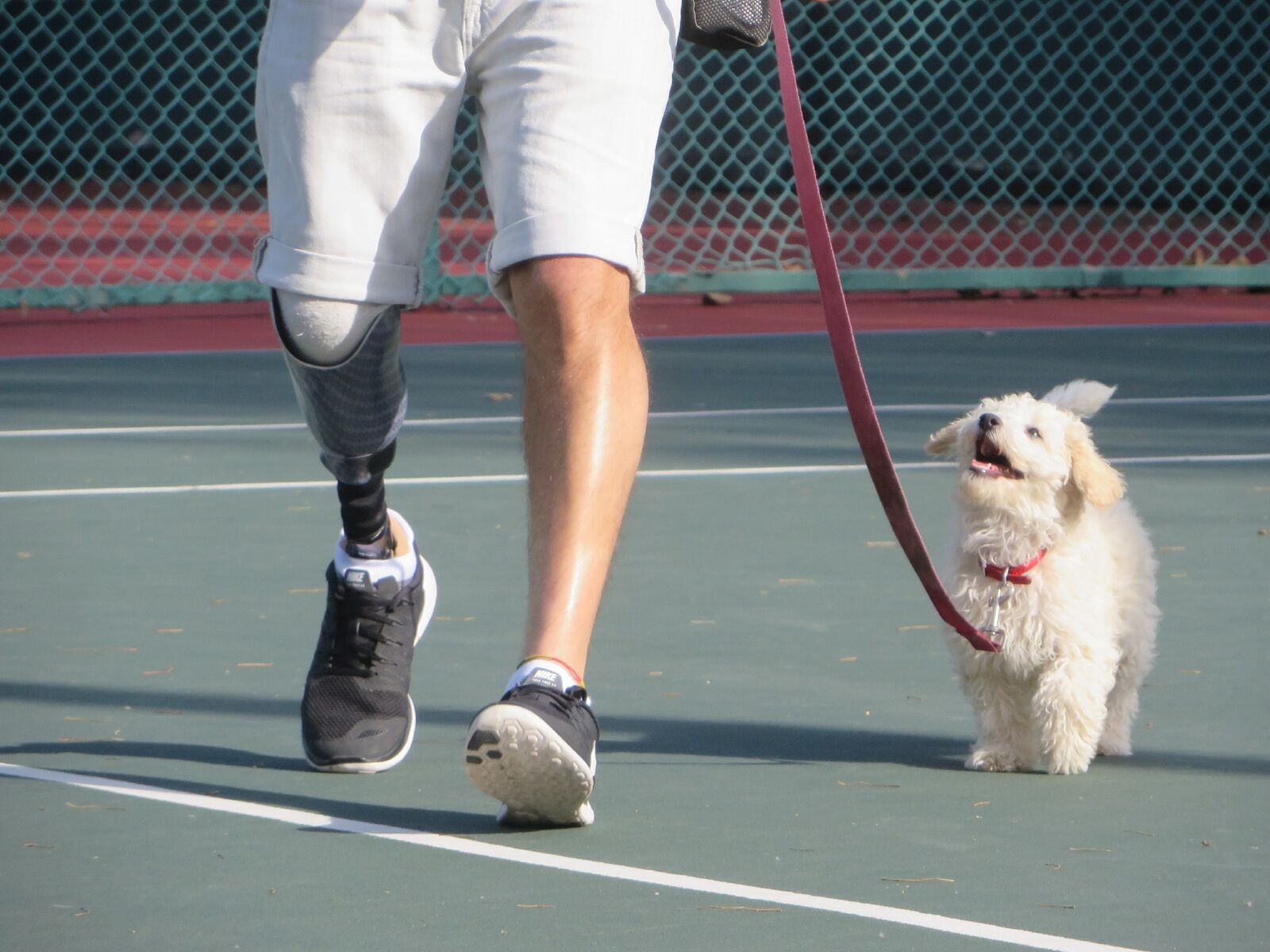National Rehabilitation Week is a time to shine a spotlight on the transformative power of rehab programs, especially for those who’ve served in the military. Veterans often face unique physical and emotional challenges after returning from service—whether they’ve been injured in combat or struggled with post-traumatic stress disorder (PTSD). But thanks to specialized rehabilitation programs, many veterans find a pathway to recovery, resilience, and a new sense of purpose.
In this post, we’ll explore how rehabilitation improves veterans’ physical and mental well-being and highlight Beit Halochem’s important work in helping veterans reclaim their lives.
Why Is Rehabilitation So Important for Veterans?
For veterans, the transition from military service to civilian life is often fraught with difficulties. Combat injuries, amputations, PTSD, and other mental health issues can make everyday tasks seem insurmountable. This is where rehabilitation steps in. Whether it’s physical therapy to recover from an injury or counseling to cope with mental trauma, these programs are crucial for veterans to rebuild their lives.
- Physical Rehabilitation:
After a combat injury or surgery, many veterans need specialized physical therapy to regain mobility, improve strength, and reduce pain. Tailored rehabilitation programs ensure veterans receive the best care for their injuries. - Mental Health Support:
Many veterans suffer from PTSD, depression, or anxiety, often due to traumatic experiences during service. Rehabilitation for mental health is just as important as physical therapy, offering veterans tools to manage their emotional well-being and work through past trauma. - Social Reintegration:
Rehab programs also focus on helping veterans reintegrate into their communities. Whether through vocational training, sports programs, or peer support groups, these initiatives foster a sense of belonging and purpose. - Independence and Confidence:
The road to recovery can be long, but rehabilitation helps veterans regain their independence. For those who’ve lost limbs or suffered debilitating injuries, rehabilitation programs provide adaptive strategies and technology, allowing them to live full and active lives.
Success Stories from Israeli Veterans
One of the most inspiring aspects of organizations like Beit Halochem is their success stories. Many veterans have gone through these rehabilitation programs and emerged not just healed, but stronger and more determined than ever.
For example, they run adaptive sports programs that allow veterans with disabilities to compete in national and international sports competitions. These initiatives promote physical well-being and help veterans regain their confidence and pride.
Additionally, veterans participating in these programs often find new social connections and support networks. After spending time in the military, many veterans struggle to feel understood or connected with civilian society. Programs run by Beit Halochem provide a much-needed community where veterans can share their experiences, support each other, and build lasting friendships.
How Can Rehabilitation Improve Mental Health?
It’s not just physical injuries that veterans deal with—mental health is a major concern. Trauma from combat, survivor’s guilt, and anxiety can leave lasting scars. Rehabilitation services focused on mental health offer veterans:
- Counseling and Therapy:
Many veterans benefit from one-on-one therapy or group sessions where they can discuss their experiences openly and learn coping strategies. - Stress Management Techniques:
Rehab programs teach veterans techniques such as mindfulness, meditation, and breathing exercises to help manage the stress and anxiety that often come with PTSD. - Building Emotional Resilience:
Programs focusing on mental health help veterans develop the emotional tools they need to face challenges, whether it’s dealing with past trauma or navigating the complexities of daily life.
The Broader Impact of Rehabilitation Programs
The benefits of rehabilitation extend far beyond just the individual veteran. Families, communities, and entire nations stand to gain from these programs. When veterans are given the tools to recover—physically, emotionally, and socially—they can return to their communities as healthy, active, and engaged citizens. This not only improves the veteran’s quality of life but also strengthens the community at large.
For veterans, rehabilitation is a beacon of hope, giving them a second chance to lead fulfilling lives. During National Rehabilitation Week, it’s important to recognize the incredible work that Beit Halochem are doing to ensure veterans get the support they need.

